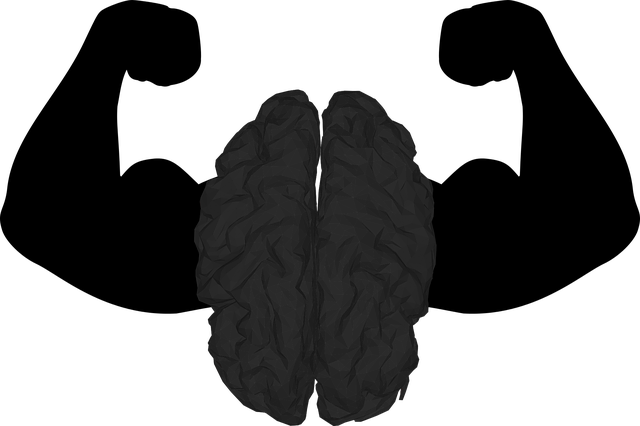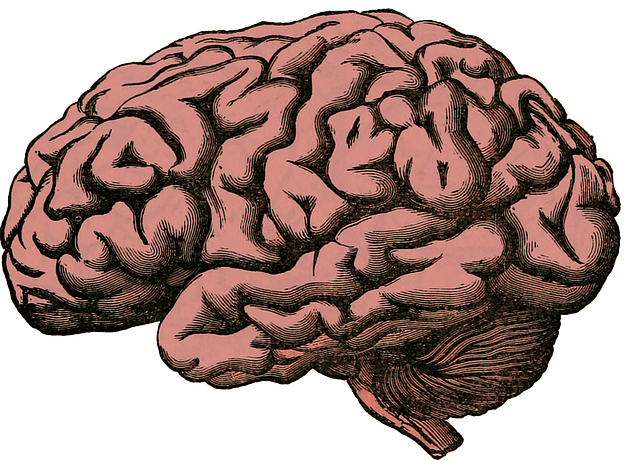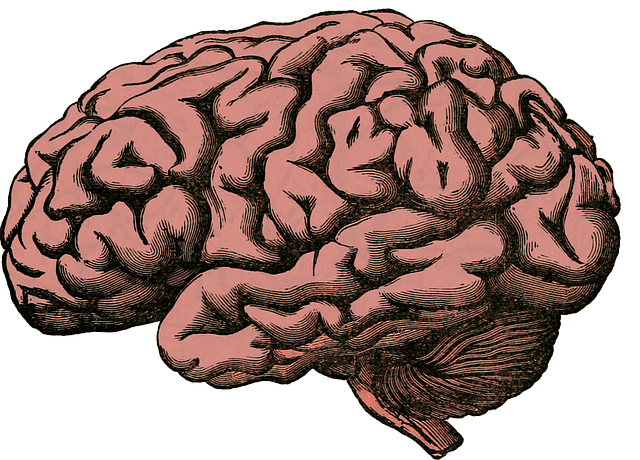Golden Mental Health Evaluations Therapy offers a holistic approach to mood regulation, combining evidence-based therapy techniques with insights from mental wellness podcasts. This method identifies emotional patterns and triggers, empowering individuals with cognitive tools to challenge negative thoughts and improve emotional control. Mindfulness practices, lifestyle changes like balanced diets and exercise, and trauma support services enhance overall well-being. Through detailed assessments, personalized strategies, and a supportive network, this therapy promotes lasting improvements in mental health, fostering inner strength and resilience.
Mood regulation is a cornerstone of golden mental health evaluations, encompassing a holistic approach to emotional well-being. This article delves into powerful strategies for mastering one’s mood, ranging from cognitive techniques to mindfulness practices and lifestyle adjustments. We explore how dietary choices, exercise routines, and sleep habits significantly impact mental stability. Additionally, we highlight the transformative role of therapy in unlocking effective strategies for enduring emotional balance and optimal Golden Mental Health Evaluations.
- Understanding Mood Regulation: The Foundation of Golden Mental Health Evaluations
- Cognitive Techniques for Better Emotional Control
- Mindfulness and Meditation Practices to Calm the Mind
- Lifestyle Adjustments: Diet, Exercise, and Sleep for Improved Mood Stability
- Therapy Approaches: Unlocking Effective Strategies with Professional Support
Understanding Mood Regulation: The Foundation of Golden Mental Health Evaluations

Understanding Mood Regulation is paramount in the realm of Golden Mental Health Evaluations. These evaluations go beyond surface-level assessments to delve into the intricate dynamics of an individual’s emotional state, identifying patterns and triggers that significantly influence mental wellness. By employing evidence-based therapy techniques and integrating insights from popular Mental Wellness Podcast Series Productions, professionals can orchestrate a symphony of stress reduction methods tailored to each client’s unique needs.
This foundational approach allows for not just symptom management but also the cultivation of inner strength. It recognizes that effective mood regulation isn’t a one-size-fits-all endeavor; rather, it involves navigating a complex landscape where various factors interplay. By implementing strategies from Stress Reduction Methods and focusing on Inner Strength Development, individuals can transform their emotional responses, leading to lasting improvements in their mental health and overall quality of life.
Cognitive Techniques for Better Emotional Control

Cognitive techniques offer powerful tools for individuals seeking to regulate their moods and gain better emotional control. These strategies focus on identifying and challenging negative thought patterns that can contribute to mood disturbances. Through Golden Mental Health Evaluations, therapy sessions often explore cognitive-behavioral approaches, teaching clients to recognize and reframe distorted thinking. By questioning the validity of negative thoughts, individuals can enhance their emotional well-being and reduce the impact of stressful situations.
Effective communication strategies and cultural competency training among healthcare providers play a vital role in this process. When therapists demonstrate active listening and empathy, they foster a safe space for clients to express their feelings. Moreover, boosting confidence through positive reinforcement and self-affirmations empowers individuals to confront challenging emotions head-on, leading to improved mood regulation skills.
Mindfulness and Meditation Practices to Calm the Mind

Mindfulness and meditation practices have emerged as powerful tools for calming the mind and regulating moods. These ancient techniques, often integrated into Golden Mental Health Evaluations therapy, encourage individuals to focus on the present moment, thereby reducing anxiety and stress. By cultivating awareness of thoughts and emotions without judgment, one can develop a greater sense of control over their mental state.
Incorporating mindfulness into daily routines can significantly enhance overall well-being. Mental health education programs design activities that promote meditation as a way to foster cultural sensitivity in mental healthcare practice. This approach benefits individuals seeking therapy for various mood disorders, including anxiety relief. Through consistent practice, these strategies enable people to navigate life’s challenges with greater resilience and emotional balance.
Lifestyle Adjustments: Diet, Exercise, and Sleep for Improved Mood Stability

Maintaining a stable mood is closely tied to lifestyle choices and habits. A balanced diet rich in essential nutrients plays a significant role in mental well-being, influencing neurotransmitter production and overall brain health. Regular physical activity, such as engaging in Self-Awareness Exercises, has been shown to reduce symptoms of anxiety and depression while promoting better sleep quality. Adequate rest is crucial for emotional regulation, allowing individuals to manage stress more effectively throughout the day. Incorporating a consistent self-care routine, including structured meal times and dedicated exercise sessions, can significantly enhance mood stability.
Additionally, addressing past traumas through Trauma Support Services is essential for those struggling with persistent mental health issues. By integrating these services into a holistic approach alongside lifestyle adjustments, individuals can achieve more profound and lasting improvements in their Golden Mental Health Evaluations. Self-Care Routine Development for Better Mental Health becomes a powerful tool when combined with professional therapy, offering a comprehensive path towards emotional well-being.
Therapy Approaches: Unlocking Effective Strategies with Professional Support

For many individuals dealing with mood regulation challenges, seeking professional support through therapy becomes a pivotal step towards regaining control and enhancing overall well-being. Golden Mental Health Evaluations Therapy offers a comprehensive framework to unlock effective strategies tailored to individual needs. This approach is especially beneficial as it delves into the root causes of emotional dysregulation, enabling clients to develop healthier coping mechanisms.
The process begins with a thorough mental health policy analysis, considering personal experiences and cultural factors that might influence mood disorders. Once diagnosed, therapy focuses on advocacy, empowering individuals to actively participate in their healing journey. Public awareness campaigns development can also be integrated, fostering a supportive environment where seeking help is normalized. Additionally, risk assessment for mental health professionals plays a crucial role in ensuring the safety of both clients and practitioners, facilitating a nurturing therapeutic space.
In conclusion, mastering mood regulation is a multifaceted journey that combines cognitive techniques, mindfulness practices, lifestyle adjustments, and, when necessary, therapy. By understanding the foundations of Golden Mental Health Evaluations, incorporating effective strategies such as cognitive techniques and mindfulness, making positive lifestyle changes through diet, exercise, and sleep, and seeking professional support through therapy, individuals can achieve greater emotional control and overall well-being. These integrated approaches empower folks to navigate their emotions more effectively, fostering a brighter and more balanced mental landscape.














